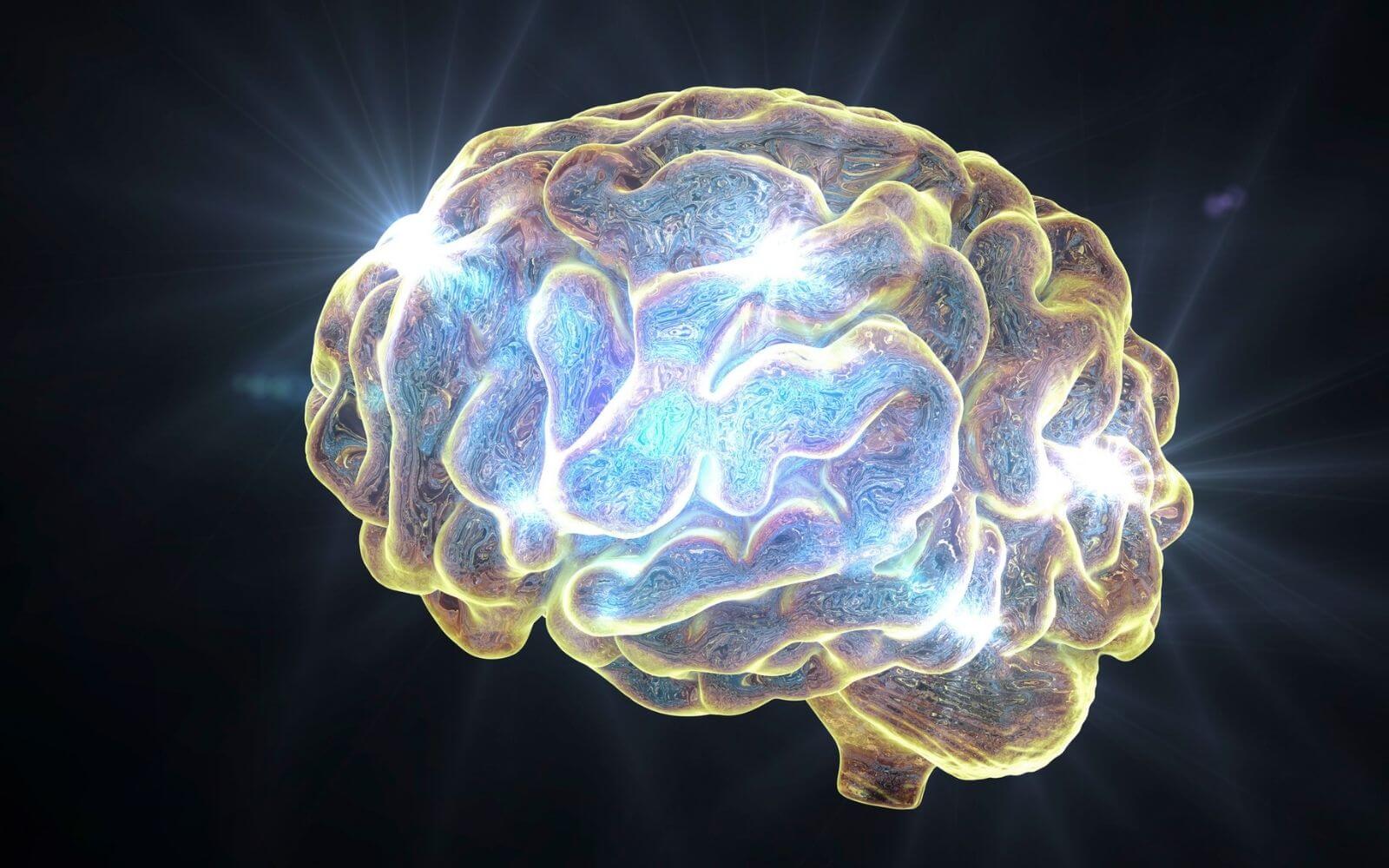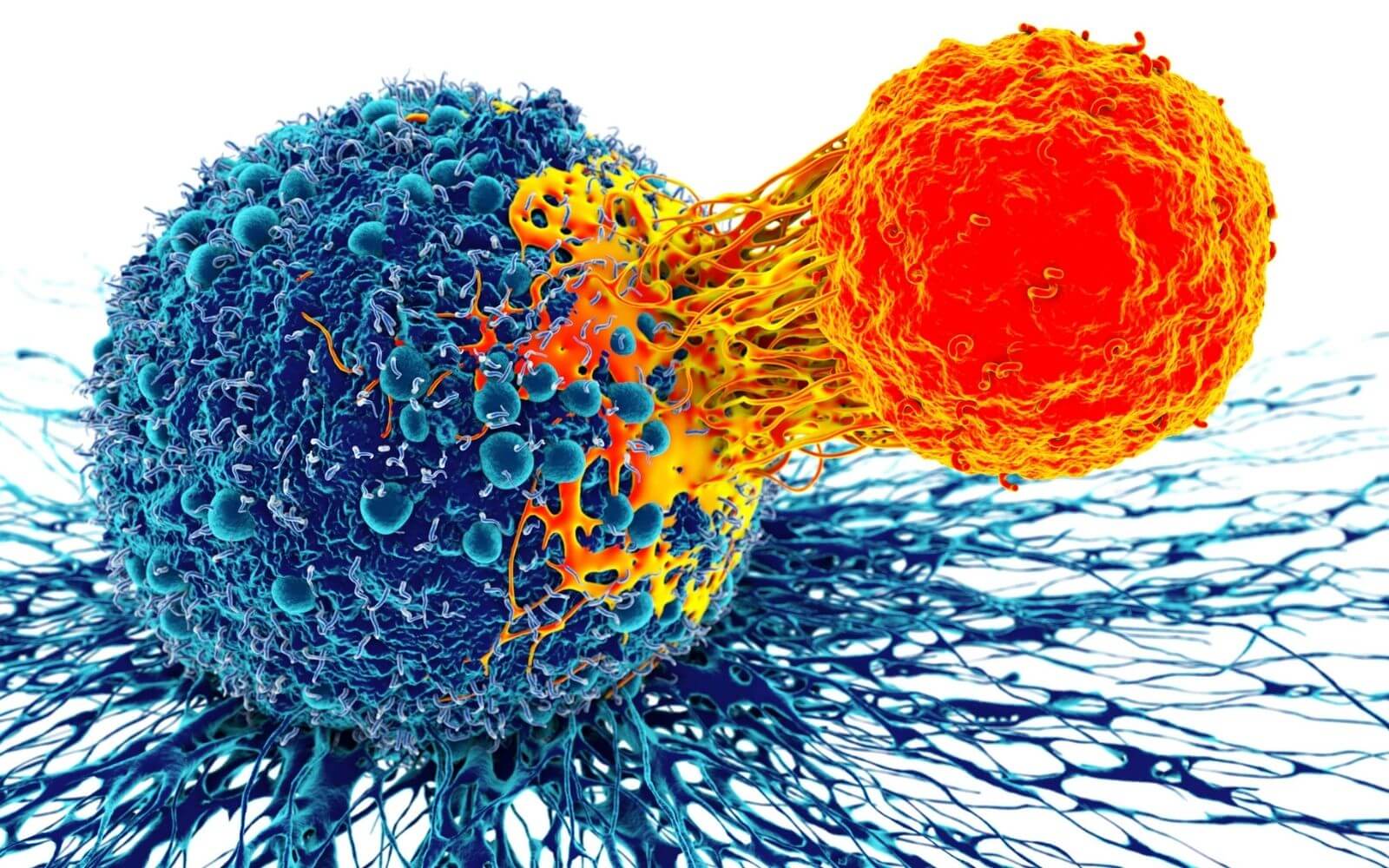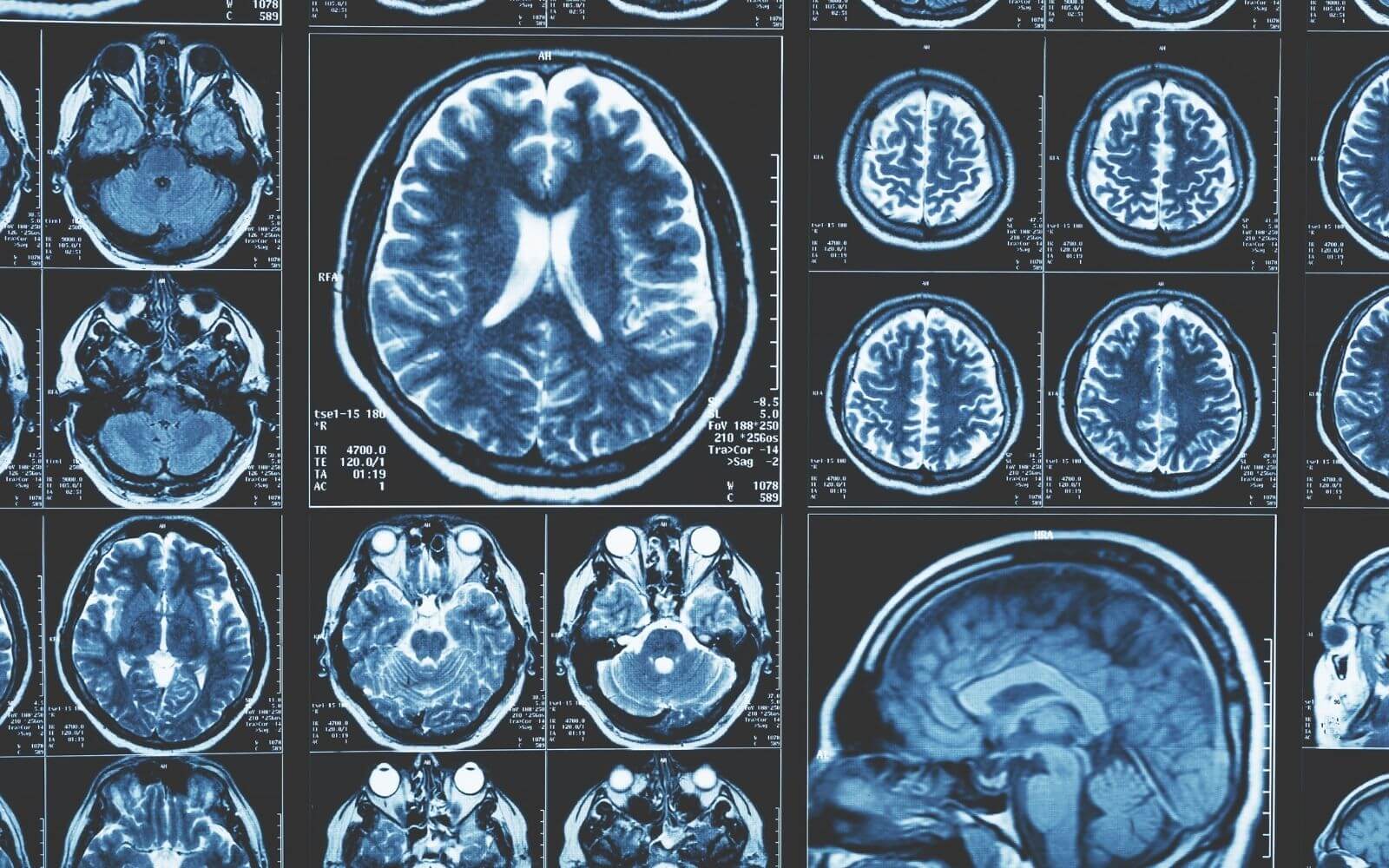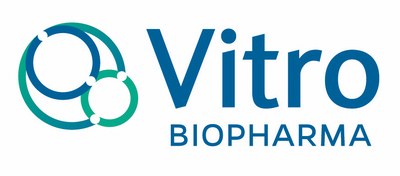Anti-Aging Stem Cell Therapy Improves Quality of Life

October 31, 2017
Scientists at the University of Miami Miller School of Medicine completed a clinical trial showing safety and efficacy of stem cell therapy in treatment of frailty, a common aging symptom caused by reduced function of stem cells and inflammation.1 Stem cells in the body serve several functions including repair and regeneration of damaged tissues, production of 200 billion red blood cells per day and other healing processes. As we age, stem cells become reduced in number & function. The authors thus used adult stem cells (MSCs) administered by intravenous (IV) infusion allowing access to all tissues in the body. Stem cells migrate to regions of inflammation, where anti-inflammatory effects are mediated through secretion of various anti-inflammatory agents. The procedure was found safe without adverse events. Also, there were statistically significant improvements in physical performance and immune markers of frailty. Another larger, multi-center trial is now under way. This study provides support for reduction of frailty and inflammatory conditions in aging patients. Quality of life is improved by reducing the risk of injury from falls, etc. Stem cell therapy may also extend life through anti-aging effects (telomere lengthening, etc). This trial did not address this issue.
Vitro Biopharma has a similar ongoing trial with comparable early results. No adverse events have been observed and immunological markers of inflammation are reduced. Also, quality of life metrics improved including overall well-being, increased energy and physical performance. Stem cell therapies exert benefits by several mechanisms including the secretion of a variety of biological agents mediating immunomodulation, anti-inflammation and cellular protective effects. Stem cells also differentiate into a variety of cells that can replace damaged or dead cells. In addition, stem cells form intercellular channels through tunneling nanotubes that transfer organelles such as mitochondrial resulting in an additional cellular repair mechanism of stem cell therapies. For information about enrollment in this trial, please contact Vitro Biopharma at (303)-999-2130.
By Jim Musick, Ph.D. CSO of Vitro Biopharma/Vitro Diagnostics, Inc.; Tiana Tonrey, MS, Laboratory Manager, Vitro Biopharma
References:
- Tompkins, BA, et al, Allogeneic Mesenchymal Stem Cells Ameliorate Aging Frailty: A Phase II Randomized, Double-blind, Placebo-Controlled Clinical Trial, J. Gerontol. A. Biol. Sci. Med Sci. 72: 1513-1521, 2017
Also in Blogs

Stem Cell Therapy of Stroke: Current Research Support and Clinical Studies

Immunotherapy of Solid Tumor Cancers: Role of Cancer Associated Fibroblasts


